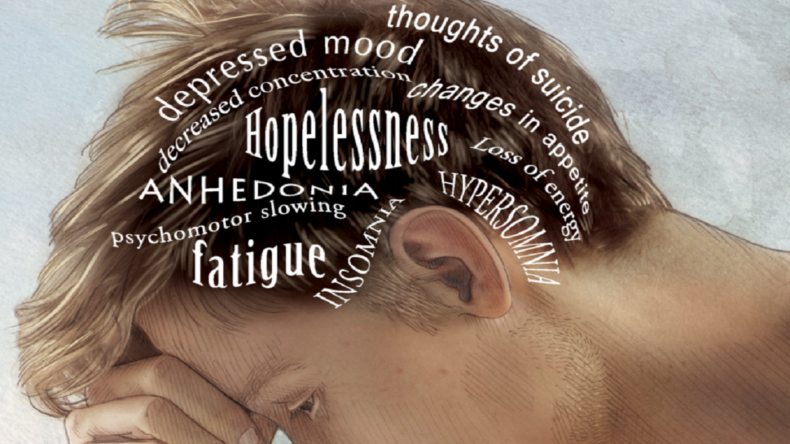Leading child health care organizations warned Tuesday that the pandemic had triggered a national state of emergency in the mental health of America’s youth. Fear, grief, uncertainty, and isolation during the pandemic have triggered a federal state of emergency in the mental health of the Urban child.

According to the American Academy of Child and Adolescent Psychiatry (AACAP), the American Academy of Pediatrics (AAP), and the Children’s Hospital Association, children have already faced substantial mental health difficulties, which have been exacerbated by the epidemic (CHA). They represent over 77,000 professionals and 200 children’s hospitals collectively.
“The mental health of children is deteriorating, and young people have been through so much during this pandemic. While much of the focus has been on the physical health consequences, we cannot ignore the escalating mental health crisis that our patients are facing, “Dr. Lee Savio Beers, president of the AAP, said in a joint statement from the three organizations.
Savio Beers emphasized, “Today’s proclamation is an urgent appeal to policymakers at all levels of government— we must address this mental health epidemic like the emergency it is.”
According to the organizations, the rate of emergency department visits for children with mental health problems increased by 24 per cent among children aged 5 to 11 and by 31 percent among children aged 12 to 17 between March and October 2020. In early 2021, there were 50% more suspected suicide attempt-related ER visits among females aged 12 to 17 than in early 2019.
According to recent data, more than 140,000 children in the United States have lost a primary or secondary caregiver due to the epidemic.
“Even before the epidemic, we were concerned about children’s emotional and behavioral health, and the ongoing public health emergency has exacerbated an already dire situation. We are looking after young people experiencing rising rates of depression, anxiety, stress, loneliness, and suicidality, all of which will have long-term consequences for them, their families, communities, and all of our futures.
We cannot stand by and do nothing. This is a national emergency, and now is the moment to act quickly and decisively, “Dr Gabrielle Carlson, President of the AACAP, stated.
According to the groups, policymakers should enhance financing to guarantee that all families have access to mental health services, expand telemedicine access, promote good school-based mental health treatment, and strengthen efforts to minimize adolescent suicide risk, among other things.
“We are confronting a huge national mental health crisis in our children and teenagers, which demands immediate intervention,” said CHA President Amy Wimpey Knight.
Children’s hospitals throughout the country reported an alarming 45 percent increase in the incidence of self-injury and suicide cases in 5- to 17-year-olds in the first half of this year compared to the same period last year. We are raising the alarm about this mental health crisis with the AAP and the AACAP.”
The groups highlight in the proclamation that young people of color have been disproportionately affected by the epidemic. The ongoing battle for racial justice is intimately linked to the increasing mental health crisis.
“Children and families across our country have faced great difficulty and upheaval,” the organizations said in a joint statement. “The inequalities caused by systemic racism have resulted in disproportionate effects on children from minority groups.”
The groups are encouraging policymakers to adopt the following steps:
- Increase government funds to guarantee that mental health treatments are available to all families.
- Improve telemedicine accessibility.
- Support successful school-based mental health treatment models.
- Integrate mental health treatment into primary care pediatrics as quickly as possible.
- Efforts to decrease the risk of suicide in children and adolescents should be stepped up.
- Address the persistent problems of children and adolescents acute care requirements.
- Community-based systems of care that connect families to evidence-based treatments should be fully funded.
- Promote trauma-informed treatment and pay for it.
- Address staffing shortages so that children may receive mental health treatment regardless of where they reside.
- Promote measures to guarantee that mental health parity laws are followed.
“Using state, local, and national initiatives to enhance access to and quality of care throughout the continuum of promoting mental health, prevention, and treatment,” the groups said, “We must find solutions to tackle these issues via creativity and action.”













